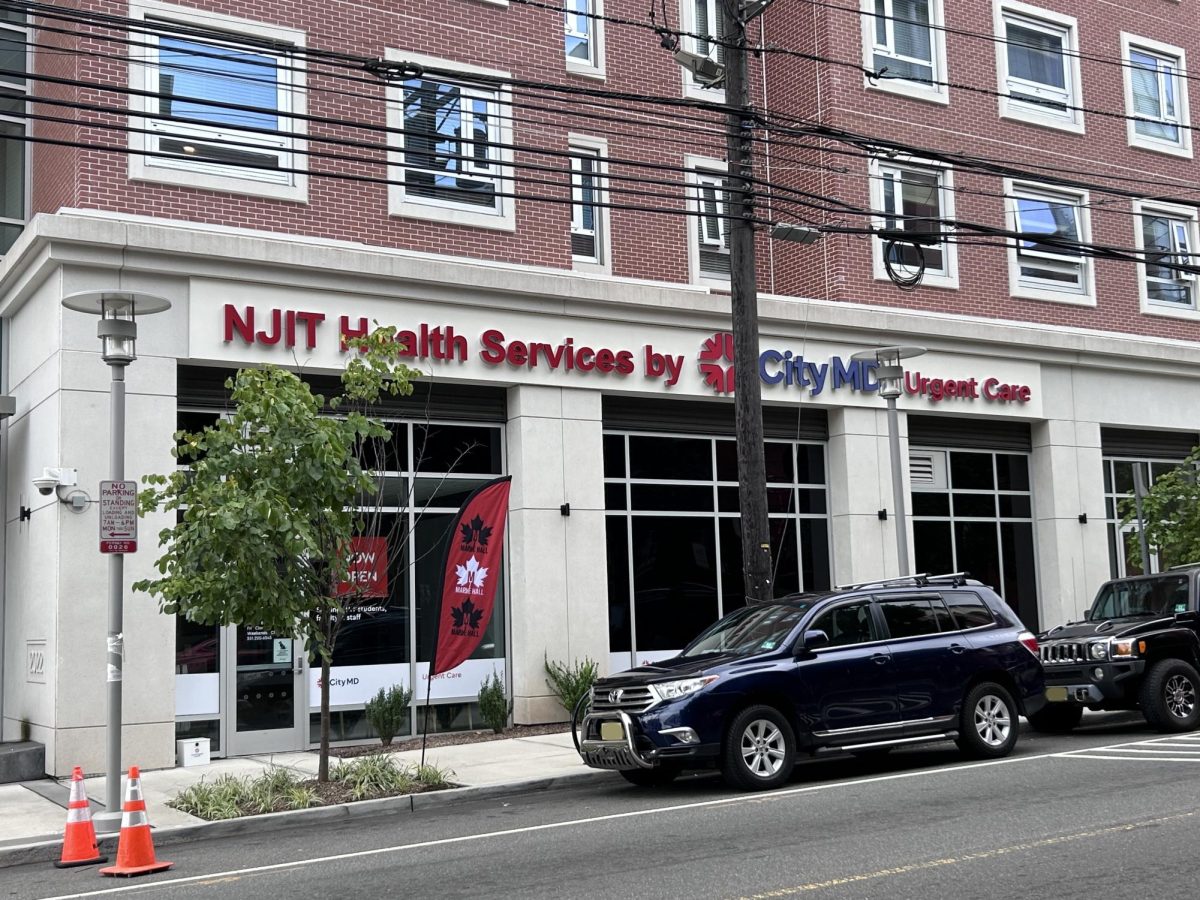In 2018, New Jersey, along with a growing list of states, began the process of legalizing marijuana for recreational use. One of the most prominent reasons many states use to justify the legalization is arrest discrimination, specifically due to a disproportionate rate of arrests in Black men over other racial groups, even though the percentage of men using the drug in each group is roughly the same.
Another important factor are economic benefits from having the ability to regulate the distribution of such products through cannabis sale taxes. Additionally, legalization makes it the responsibility of the government to define safe practices in marijuana cultivation and sales. Legislation regarding pesticides and fertilizers can now be passed on to cannabis farmers to control what chemicals end up as runoff and affect the environment.
After the state legalized marijuana in 2021, shops have boomed across the state and have attracted a wide range of users, as well as a steady revenue system for the government. Some questions remain unanswered about the way society views these newly legalized drugs and how employers will react to such decisions; this is especially true for companies whose franchises are distant from their headquarters. In many cases, company policy is universal and passed down from management, and it must remain consistent so as not to create future issues.
With an understanding of the situation, I believe it is completely justified and necessary for employers to request a drug test even in states that have legalized specific drugs. While opponents may feel drug testing could increase discrimination and prevent qualified candidates from being considered, we must look at all the nuances closely. All jobs do not require the same screenings and such tests are currently in place for a wide array of possible drugs, including alcohol — although alcohol is legal for those over the age of 21, companies still have the right to check for it in their employee’s bloodstream.
Most importantly, screening for an office worker is not done with the same attention to safety and security as, for example, a teacher. Many occupations like truck driving, operating heavy machinery, traffic controlling, and daycare workers, among others, require their employees to be sober from both alcoholic beverages and most drugs. Since focus and awareness are vital in these professions and many others, it is important to recognize the different realms one’s job and free time play in this discussion.
People who undergo surgery and are given pain medication, such as opiates, receive instructions to not drive or use heavy machinery. This same process should be carried over to recreational drugs that provide users a ‘high,’ because these drugs alter the brain chemistry and affect work performance.
Employers are responsible for their workers, and if they begin allowing the use of drugs, it could increase the risk of workplace accidents. Due to the ramifications a company could face if an accident occurs, it is easier to test for all possibilities. If not, an eventual overhaul of policies currently against drug testing for legalized drugs would become a precedent with lawsuits from those affected by a drug-related accident.



























